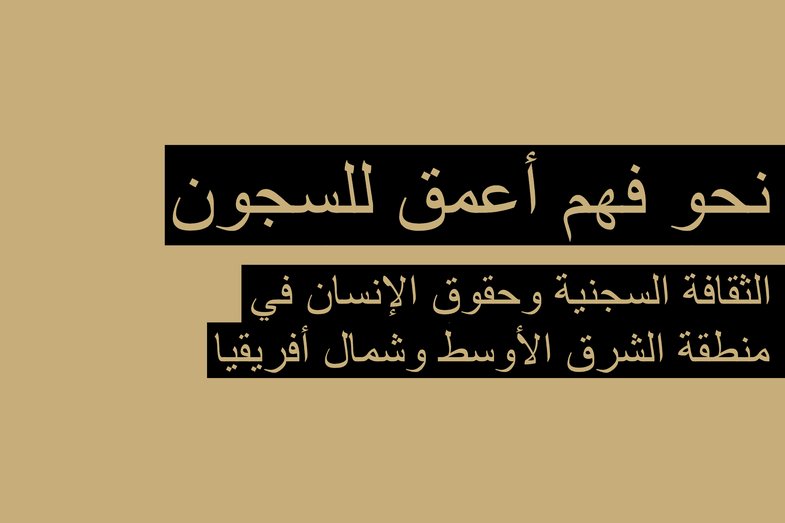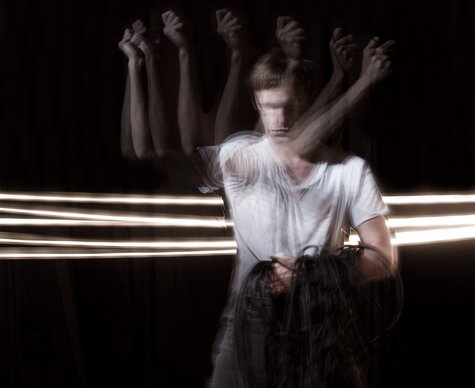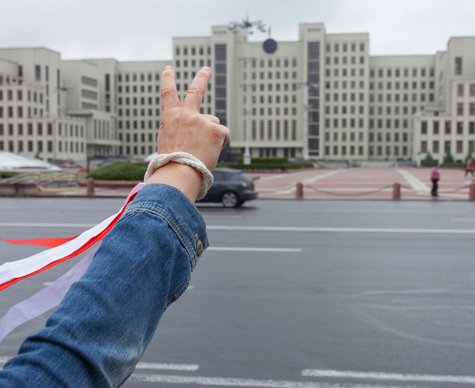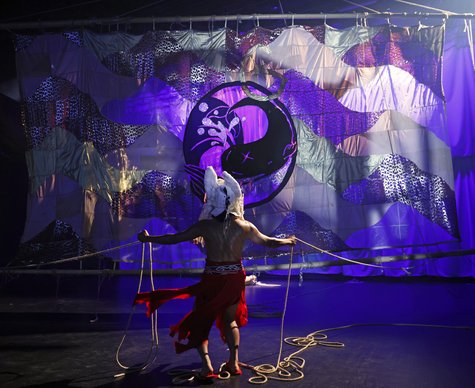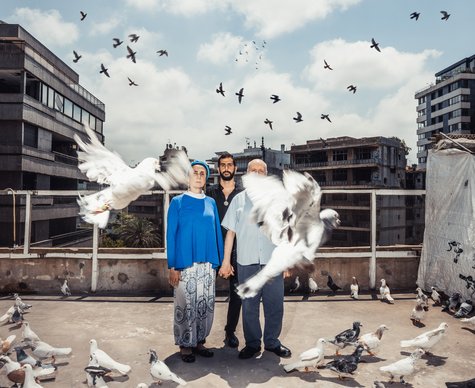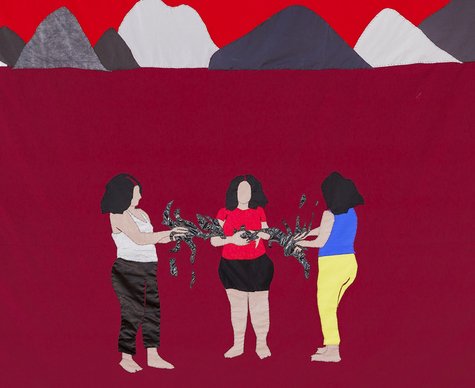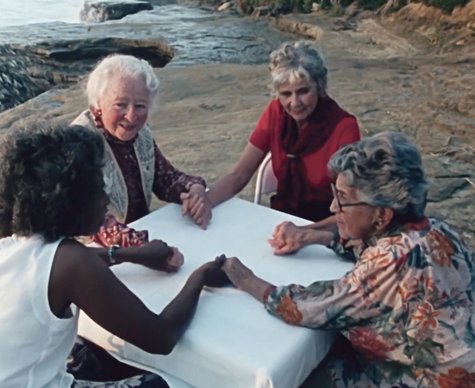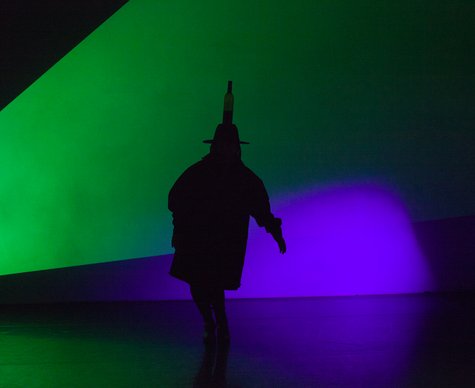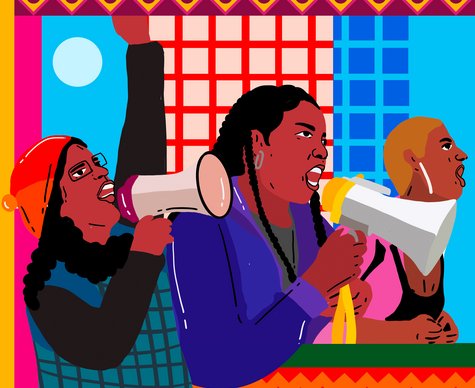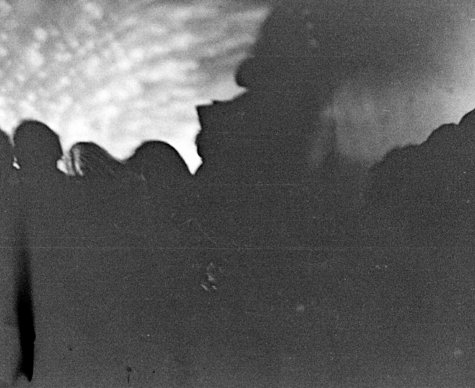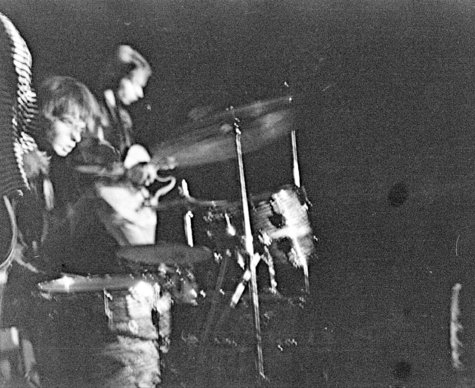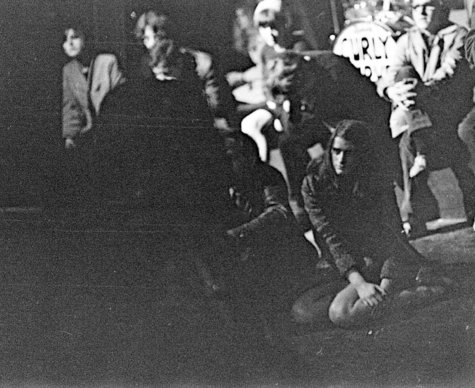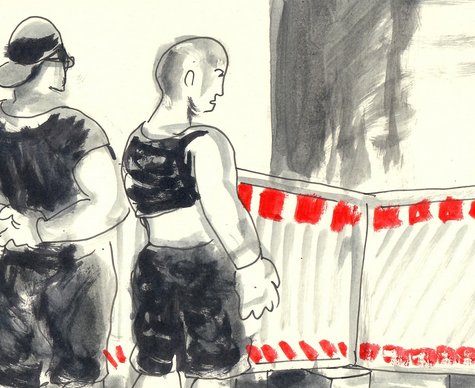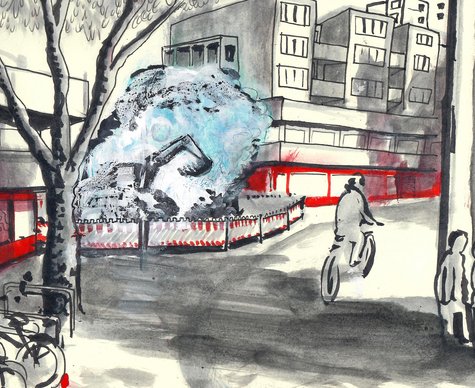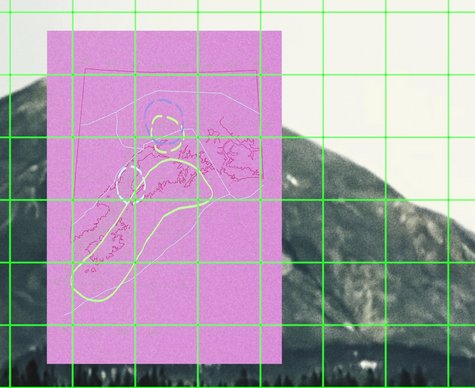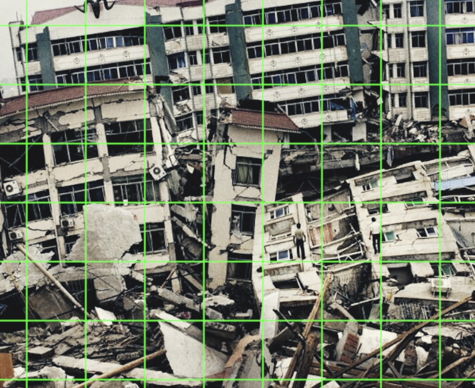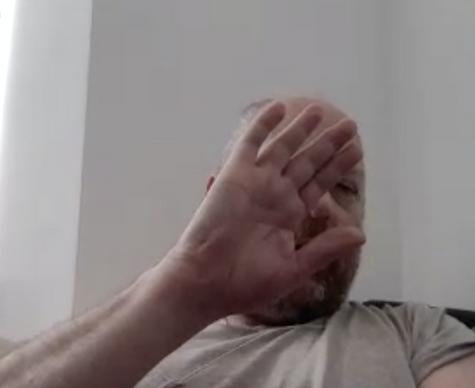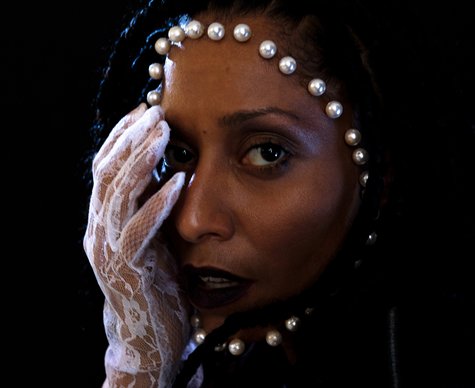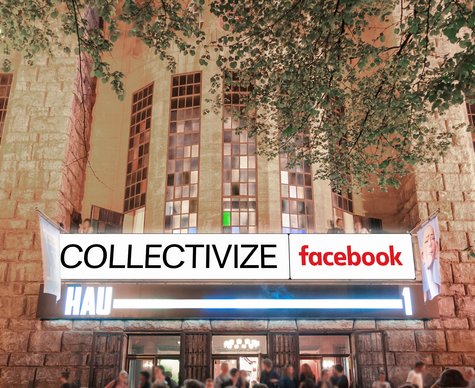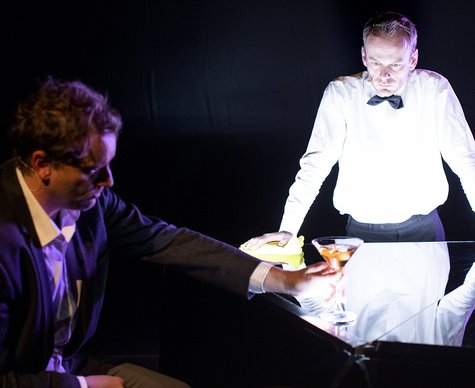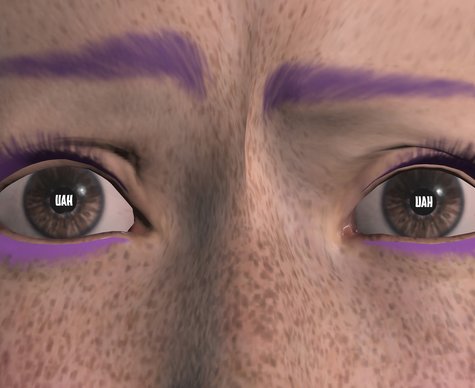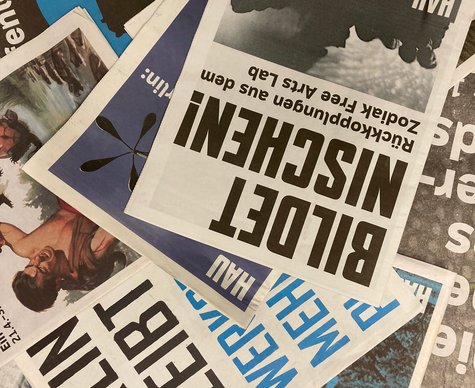POSTPONED: Understanding Prison
Carceral Culture and Human Rights in the MENA Region – Day 1
Part of “Understanding Prison”
- Dialogue
Unfortunately, the three-day event “Understanding Prison: Carceral Culture and Human Rights in the MENA Region” cannot take place as planned. HAU supports this difficult decision of the organizers Mena Prison Forum und UMAM Documentation and Research, who justify the postponement as follows:
“Due to the situation in Gaza, the instability and threat of violence looming over Lebanon, and the highly emotional and charged environment both regionally and globally, we have made the difficult decision to postpone the upcoming event ‘Understanding Prison: Carceral Culture and Human Rights in the MENA Region.’
We did not make this decision lightly. It was made with careful consideration of the time and energy needed from the Mena Prison Forum and UMAM D&R team, and from our partners and participants, to engage in this event. We do not believe that the regional and global dynamics allow, at this moment, for the open, interdisciplinary, and critical discussion of human rights, justice and accountability, and prisons and carcerality that we hoped for. We hope to be able to discuss these issues at a better moment and to reconceive the event to appropriately address these topics in light of the ongoing developments.”
Together we are planning to postpone this project, which is also important for us, until next year.
---
After a brief welcome, the evening will feature a concert by former Syrian political prisoners with songs and instruments created during their imprisonment in Syria in the 1980s and 1990s. The artists Hassan Abdulrahman, Ibrahim Bayrikdar, Kesra Kurdi, Assad Shalsh, and Haitham Qatrib have put together their programme especially for this evening.
The evening will end with a panel discussion that examines the current state of human rights and accountability in Syria in the light of the 75th anniversary of the Universal Declaration of Human Rights. Lynn Maalouf (Office of the UN Special Envoy for Syria), Wolfgang Kaleck (ECCHR), and Yassin Al Haj Saleh (former prisoner and author) will participate in the panel discussion; it will be moderated by Bente Scheller (Heinrich-Böll-Stiftung).
Programme
17:00–18:00
Vernissage
Guided Tour with the Artists / Introduction by the Artists
Filmmaker Ayman Nahle from MPF and artist Khaled Barakeh will give a guided tour of the exhibition. The tour puts a special focus on the role of art in trying to understand the prison world in the MENA region. Artists, activists, and researchers who deal with issues of representation in the context of prison, torture, and trauma are invited to share their experiences and make connections for future collaborations.
18:00–18:15
Introduction
Welcome Messages by HAU, medico, and MPF
18:15–19:00
Music as Resistance: Performing Songs from Sednaya Prison in Syria (1980s–1990s)
Thirty years ago, in order to counter their enforced silence and the oppressive soundscapes of the cells of Sednaya prison, a group of political prisoners formed a band with a rich body of songs. To build their instruments they used food leftovers, threads from clothing, and other miscellaneous material. The MENA Prison Forum has invited the group to reconvene after all these years and perform a selection of songs that give a glimpse of their everyday interactions during their detention. Hassan Abdulrahman, Ibrahim Bayrikdar, Kesra Kurdi, Assad Shalsh, and Haitham Qatrib invite us to imagine their resistance to the inhumane carceral system of the Ba’th regime. The concert will be introduced by Syrian researcher Eylaf Bader Eddin from the Forum Transregionale Studien.
19:00–19:30
Break
19:30-21:00
Panel 1: 75 years of the Universal Declaration of Human Rights, Prisons, and Accountability: The Syrian Case
With the Universal Declaration of Human Rights reaching 75 years of existence, few things are more emblematic of the declaration’s unfulfilled promises and contradictions than the brutal history of the Syrian revolution. The panel begins with stories of the Syrian prison system and of war crimes committed by the Ba'athist regime before and after 2011. It poses questions of why the Syrian regime's massive human rights violations were tolerated for decades and why the struggle for justice and accountability inside and outside Syria was ignored or even undermined. The panel also situates the Syrian case in a wider regional context exposing lessons that social movements across the MENA region offered to international actors and human rights advocates.
With: Lynn Maalouf (UN Office of the Special Envoy for Syria), Wolfgang Kaleck (European Center for Constitutional and Human Rights), Yassin Al Haj Saleh (author & activist)
Moderation: Bente Scheller (Heinrich-Böll-Stiftung)
Dates
Workshops: Please register via tickets@hebbel-am-ufer.de
Credits
A cooperation by MENA Prison Forum, medico international and HAU Hebbel am Ufer. Supported by: European Center for Constitutional and Human Rights (ECCHR), Open Society Foundation, Heinrich-Böll-Stiftung, Danish Institute Against Torture (DIGNITY).
Location
HAU2
Hallesches Ufer 34, 10963 BerlinThere are two marked parking spots in front of the building. Barrier-free restroom facilities are available. Four relaxed seats are available in the first row of HAU2.
